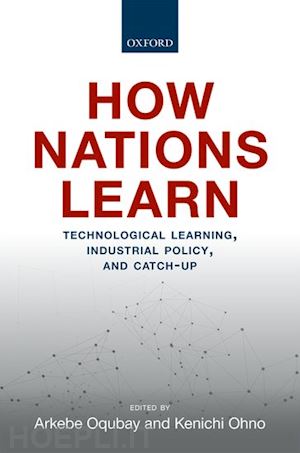Arkebe Oqubay is a Senior Minister and Special Adviser to the Prime Minister of Ethiopia and has been at the centre of policymaking for over twenty-five years. He is a research associate at the Centre of African Studies in the University of London, and holds a PhD in development studies from SOAS, University of London. He is the former mayor of Addis Ababa and winner of the ABN Best African Mayor of 2006, and finalist for the World Mayor Award 2006. He is a recipient of the Order of the Rising Sun, Gold and Silver Star and serves as board chair of several leading public organizations and international advisory boards. His work includes Made in Africa: Industrial Policy in Ethiopia (OUP, 2015); African Economic Development: Evidence, Theory, and Policy (OUP, 2019); and China-Africa and an Economic Transformation (2019, OUP). He was recognized as one of the 100 Most Influential Africans of 2016, and a 'leading thinker on Africa's strategic development' by the New African. Kenichi Ohno is a Professor at the National Graduate Institute for Policy Studies, Tokyo. He has previously worked at the International Monetary Fund and taught at the University of Tsukuba and Saitama University. He works closely with the Japanese government in designing international cooperation strategy. He has advised the Vietnamese government since 1995 and has done policy research in over twenty countries in Asia and Africa focusing on industrialization, policy learning for catch-up, the development experiences of Japan latecomers, and international comparison of industrial policy quality. His books include The History of Japanese Economic Development (Routledge, 2018), Learning to Industrialize (Routledge, 2013), and Eastern and Western Ideas for African Growth (Routledge, 2013). He received the Presidential Medal for Friendship from the Vietnamese government and the Japanese Foreign Minister Award for contributing to Japan-Vietnam economic relationship.











